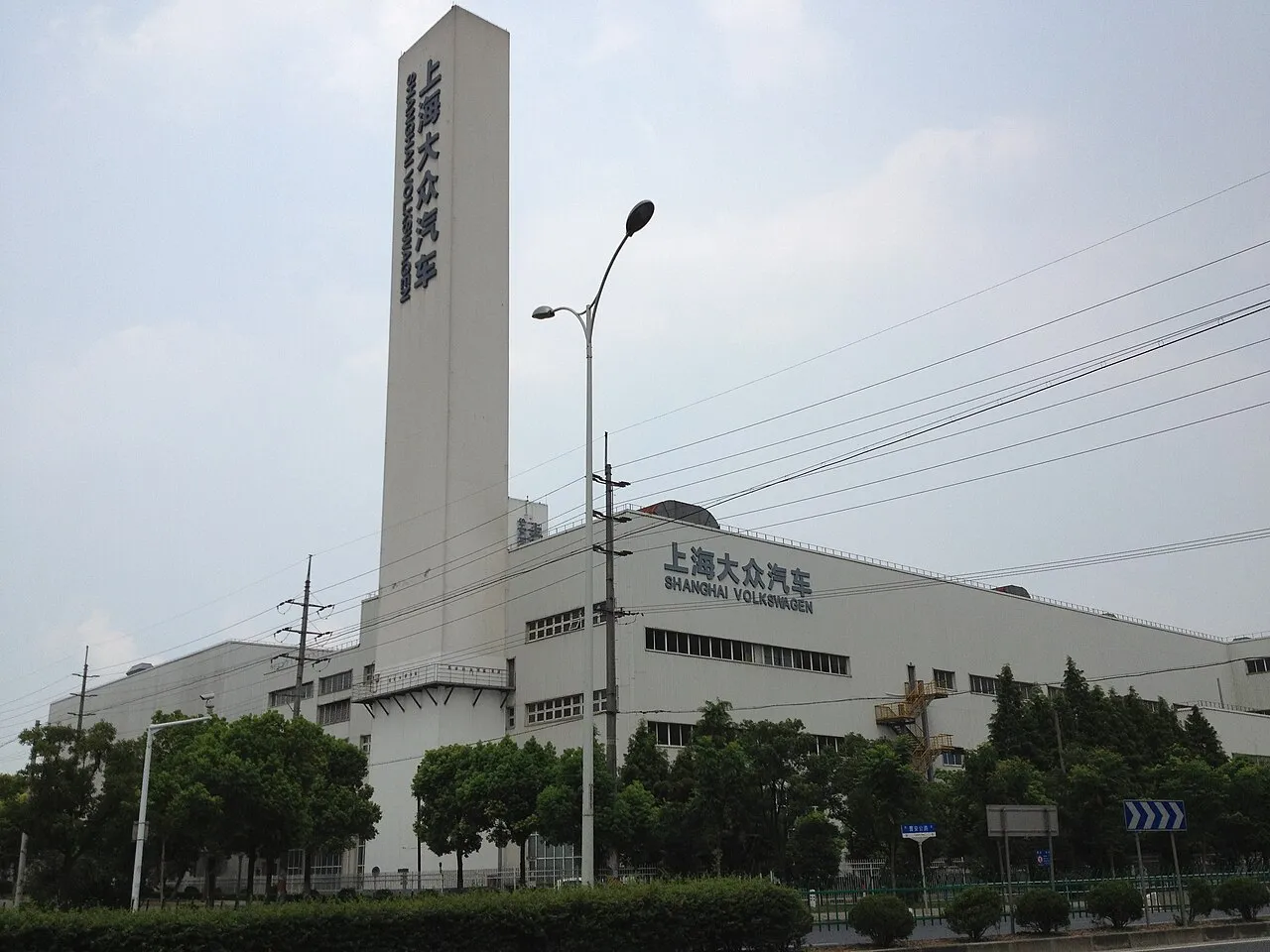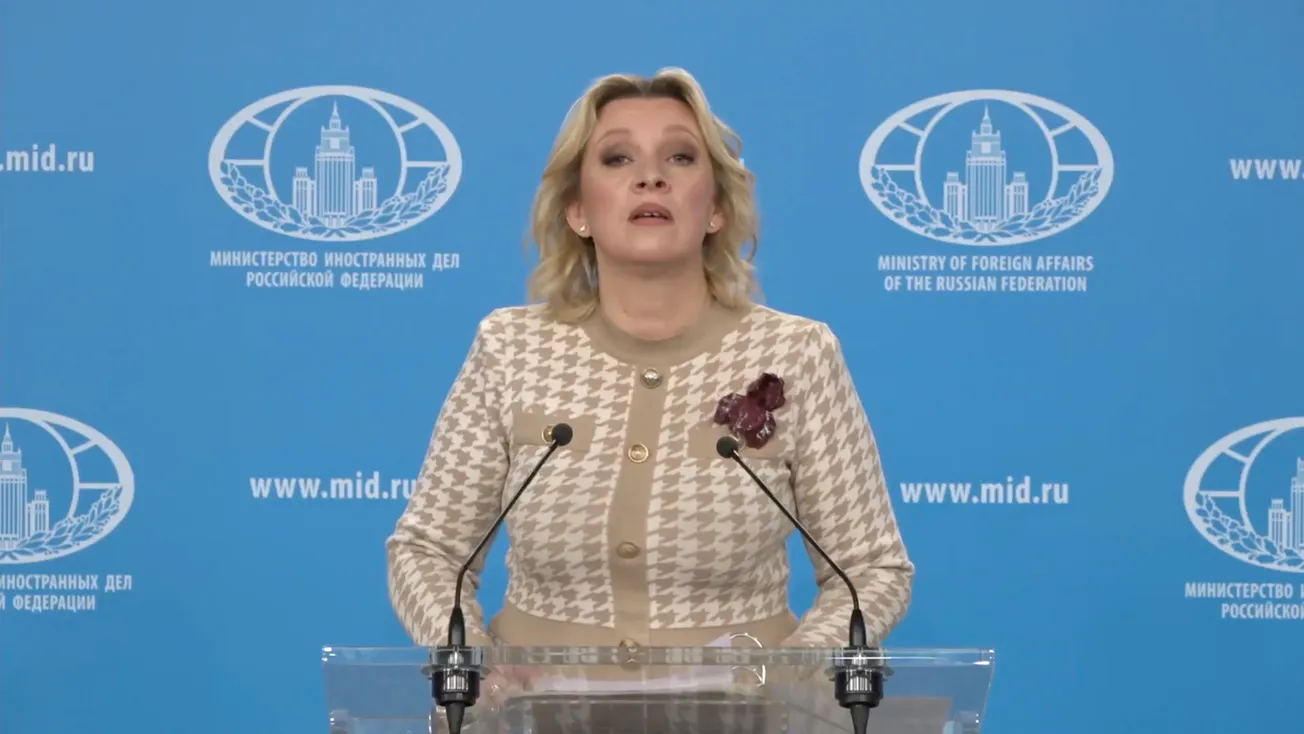Speaking today at the 28th Summit of Ibero-American Heads of State and Government in Santo Domingo, the Dominican Republic, Argentine President Alberto Fernández told representatives of 22 nations that “as things are going, with such financial concentration, with so many speculative games, we should understand that there should be no more rescuing of the current financial system. We must change it drastically.” The reality is that “globalization is in crisis, appears fragile and financial capitalism makes the economy tremble.”
The situation facing the region, and the world, is grim, the Argentine President admitted. “And if we consider that what we seek must be attained at a time when humanity is still recovering from the effects of the pandemic, in which the advanced sector is caught up in a war unleashed by Russia’s invasion of Ukraine, which has altered the world economy … then the dimension of the goal is gigantic.”
Fernández’s remarks cry out for implementation of the Schiller Institute’s proposals for a new security and development architecture and Institute Chairwoman Helga Zepp-LaRouche’s call for an emergency international conference to reorganize the bankrupt financial system. (https://schillerinstitute.nationbuilder.com/reorganize_the_bankrupt_financial_system)
The international situation, Fernández said, “is characterized by elevated and unsustainable levels of indebtedness which condition the growth of our nations. The interest rates and surcharges that the International Monetary Fund imposes on indebted countries are abusive.” It is necessary, therefore, “to increase the transparency of international financial institutions and fight for greater access to credit facilities to promote growth and development rather than speculation.”
The Argentine President stressed the need to “propose innovative models that encourage the strengthening of economies based on the capacities of our nations.” As for food security and the energy transition, “discussion of investment and technology transfer should be incorporated as levers to strengthen the global food and energy systems, as well as linking regional value chains and identifying new secure supply chains.”
As reported by Argentina’s state news agency Telam, Fernández issued an urgent call for Ibero-American unity, “that won’t allow the continuation of economic blockades that affect the region’s populations—a unity to preserve common interests…. The unity of the region is a political necessity…. We are all passengers on the same ship. We have a common destiny that calls us. `No one goes it alone’ [Pope] Francis would tell us. If inequality kills, individualism and lack of integration impoverishes us” and delays development.
Consolidating the region and to stop connecting to the rest of the world from a standpoint of individualism “will make us stronger at the moment of negotiating,” Fernández underscored. “Let’s make the decision to unite our nations on the basis of our legitimate rights. Let’s unite to be the architects of our future so that the advanced world will never again shunt us off into the peripheries of decadence.”



